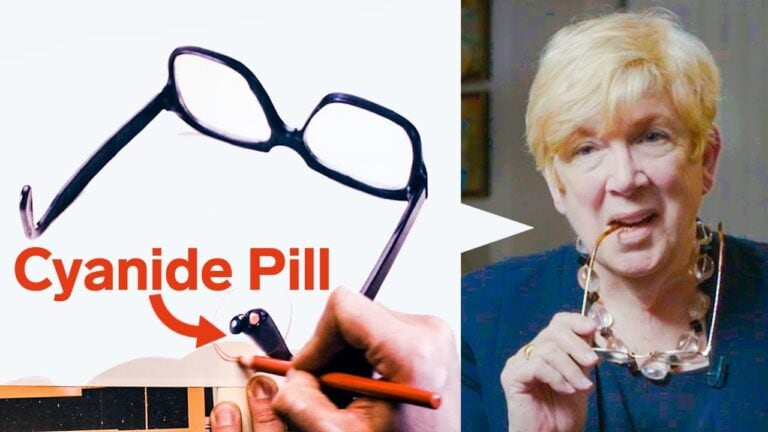Table of Contents
ToggleWhat’s Next?
Being in the medical field for 35 years and now being fortunate enough to be able to retire at an early age, I find myself thinking a lot about the next chapter in my life.
At the age of 53, I have so many people asking me how am I able to do this? My answer is always, a bit of luck, great opportunities, good advice but above all, purposeful living.
Finding Your Purposeful Retirement
What is purposeful living? It’s basically assigning priorities and working towards goals but, during that time, enjoying yourself, finding meaning, living a good life and being with great friends and family. It means answering the questions, Who am I? Where do I want to live? What is my purpose?
As we find ourselves entering the “second half of our lives,” we find ourselves facing these same questions. I always had the idea of retiring at an early age and began working at that from the start of my career.
Working in the medical field, I believe heightens ones awareness of this, as you constantly see people with their lives suddenly cut short or debilitated by an illness. Physicians typically define their identity by their profession. “Hello, I’m Dr. Smith.” Never, “Hello, I’m Dan.”
It’s rare to find physicians retiring at an early stage. Talking to them extensively over the years, and in recent years doing “stealth interviews” for my own inquisitiveness, I have found a few common threads. Most notably among them was that their careers had consumed them to the point where they didn’t have the time to develop any hobbies or outside interests.
An Identity Defined By A Title

Their exposure to disposable income has led them to become accustomed to a certain lifestyle, and now they find themselves relying on this income. It’s known as the infamous “Dr. God” syndrome, where the core of their identity is defined in their “MD” title.
It is not uncommon to find retired physicians in their 80s roaming the halls at hospitals, still relying on their careers for purpose and identity. I am currently working with a surgeon who fits all the above descriptions, and is struggling with the idea of retiring. We talk often and deeply about these issues. I can see the angst in his own personal struggle.
I recently talked with a doctor who has a clear path for his second half of life. An extremely successful and wealthy physician who has grasped the idea of retiring with a purpose and discovering his identity and place in life. This is refreshing but extremely uncommon.
Who am I? Where do I want to live? What is my purpose? These questions are just as important now, if not more important, than when we faced them earlier in life. Especially if we have relied on our careers to define ourselves and to fulfill our purpose.
“Work structures us and gives us routine in our lives,” says psychologist Louis Primavera of Touro College in New York City, who co-wrote the 2012 book The Retirement Maze: What You Should Know Before and After You Retire. “We plan around work. It is part of our identity. We go to a social gathering and people say, ‘What do you do?’ Clearly, what happens is people say, ‘What am I going to do? What am I going to be?’ The fear of loss of identity is a major fear.”
Securing Your Purpose Is Securing Your Escape
Perhaps the most difficult aspects of this stage to manage are the inevitable self-examination questions that must be answered once again, such as “Who am I, now?,” “What is my purpose at this point?” and “Am I still useful in some capacity?” New— and satisfying—answers to these questions must be found if the retiree is to feel a sense of closure from his or her working days. But many retirees cannot achieve this and never truly escape this stage. Make sure you do!
As with all emotional processes that can be broken down into separate phases, it is not necessary to completely achieve one phase before beginning another (except, of course, for the actual cessation of employment). But virtually all retirees will experience some form of this process after they stop working. Their ability to navigate these uncharted waters will ultimately determine how they live the last phase of their lives.
Purpose Retirement In Volunteering

Volunteering can prove an effective way for you to reestablish a sense of identity, as well as purpose, in your life. Many retirees turn to volunteering as a way to inject meaning into their retirement years. In fact, while retirees make up only 31% of the adult U.S. population aged 25 and over, retirees account for 45% of total hours volunteered, according to a Merrill Lynch study.
I believe that an overriding purpose or two will make your retirement happier and more meaningful. But the choice of that purpose is not static. It might change over time.
At its simplest, meaning can be defined as being connected to something larger than the self. William Damon at Stanford says that purpose is “A stable and generalized intention to accomplish something that is at the same time meaningful to the self and consequential for the world beyond the self.”
So, while meaning provides a sense of belonging, comprehension, and significance, purpose can in turn provide meaning.
If you find yourself facing this transition, turn to resources such as Manopause.com that can help guide you along this path, find purpose and meaning. You can connect with others on their website and community.
Find your identity, redefine your purpose and create meaning to the second half of your life.













